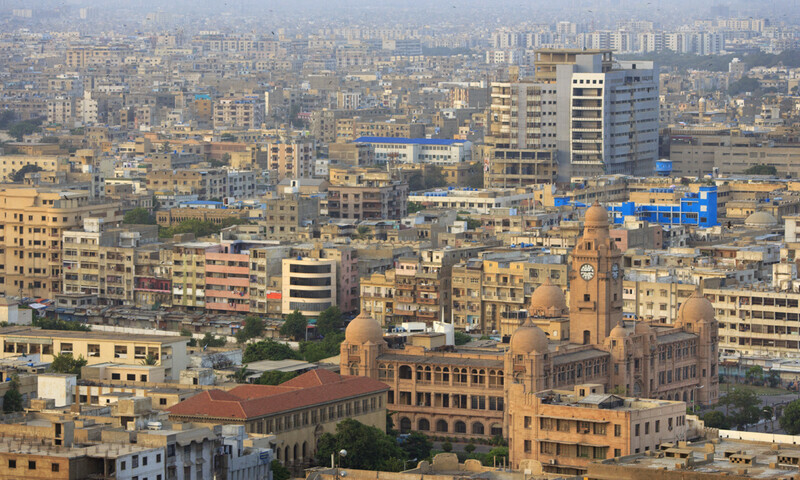Karachi has once again been ranked one of the world’s least livable cities, securing the 170th spot out of 173 in The Economist Intelligence Unit’s annual Global Liveability Index. Scoring just 42.7 out of 100, Pakistan’s economic hub trailed only Dhaka, Tripoli, and Damascus—all cities plagued by conflict or extreme urban decay. The survey, which helps corporations assign hardship pay for relocated employees, assesses stability, healthcare, education, infrastructure, and culture. Karachi’s consistently poor performance highlights systemic failures in governance and urban planning.
In stark contrast, Copenhagen claimed the title of the world’s most livable city with a near-perfect 98 score, followed by Vienna, Zurich, Melbourne, and Geneva—all scoring above 96. Karachi, meanwhile, has lingered near the bottom for years, ranking 169th in 2022 and competing with Lagos and Algiers for the lowest positions. The Asian Development Bank (ADB) has repeatedly warned that Pakistani cities are becoming increasingly unlivable due to congestion, pollution, and inefficient public services.
The ADB’s earlier reports highlighted Karachi’s extreme class segregation, with affluent residents clustered in fortified cantonments while low-income families are pushed into neglected districts like Karachi East. Ethnic and religious tensions have further fueled violence, compounding the city’s instability. Adding to its woes, Forbes Adviser declared Karachi the second-riskiest city for tourists in 2023, citing high crime, terrorism threats, and infrastructure vulnerabilities. The U.S. State Department even issued a “Level 3: Reconsider Travel” advisory for the metropolis.
With limited land and urgent housing needs, Karachi is Pakistan’s only city expanding vertically—yet haphazardly, without sustainable planning. Experts argue that without major investments in public transport, safety, and equitable development, Karachi’s downward spiral will continue. As global cities race toward smarter urban futures, Pakistan’s financial capital risks being left further behind.


